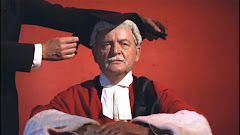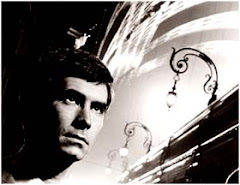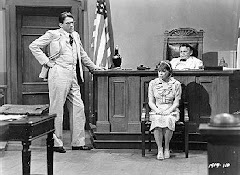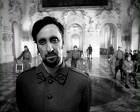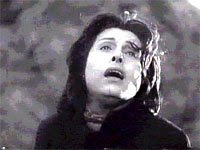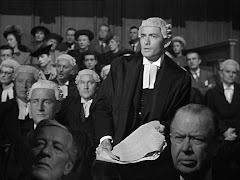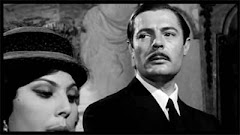Next lectures:
Prof. David A. Skeel
University of Pennsylvania Law School (USA)
Prof. David A. Skeel
University of Pennsylvania Law School (USA)
Introduction to “Law and the Humanities”
12th March: 01:45 PM, Hall: 5
13th March: 10:00 AM, Hall: 4
14th March: 10:00 AM, Hall: 4
Dear all, don’t forget the first appointment with the La w and the Humanities course of lessons! Prof. David Skeel, of the University of Pennsylvania Law School will introduce us to the Law and the Humanities movement. He warmly suggested to read the three articles below before his lectures. You can easily find them on the data bases (JSTOR and/or HeinOnline) accessible from the University RomaTre network, or you can write me: stefaniagialdroni@libero.it
Prof. David A. Skeel C.V.:
David Skeel is the S. Samuel Arsht Professor of Corporate Law at the University of Pennsylvania Law School. He is a graduate of the University of North Carolina (B.A. 1983) and the University of Virginia (J.D. 1987). His poems have appeared in Boulevard, Kansas Quarterly and elsewhere. He has written on law and literature or related issues for Columbia Law Review, Michigan Law Review, Legal Affairs, Wallace Stevens Journal, Philadelphia Inquirer, and other publications; and he served as an advisory editor of Boulevard in the 1990s. He also is the author of Icarus in the Boardroom: The Fundamental Flaws in Corporate America and Where They Came From (Oxford, 2005) and Debt’s Dominion: A History of Bankruptcy Law in America (Princeton, 2001).
INTRODUCTION TO LAW AND HUMANITIES: LAW-AND-LITERATURE
Brief Overview
Brief Overview
Class #1: History and the Law as Language Perspective
The first class will give a brief history of the law-and-literature movement in American
legal scholarship. We will begin with an overview of the leading movements in American law
schools from the late nineteenth century to the present: Christopher Langdell’s “case method,”
sociological jurisprudence, legal realism, and more recent movements such as law and
economics. Two major legal figures wrote on law and literature in the early twentieth century
(John Wigmore in 1908; Benjamin Cardozo in 1932), but the law and literature movement did
not begin until much later.
The contemporary law and literature movement began with the publication of The Legal
Imagination by James Boyd White in 1973. White is the principal proponent of the “law as
language” approach to law and literature: the view that legal documents can and should be read
in the same way as literature texts. White argued that a well-crafted judicial opinion has the
same qualities as an effective poem. We will analyze the work of White and others in this
tradition, and will often consider the relationship the relationship between law-and-literature and the law-and-economics movement, which emerged at the same time.
Class #2: Law-and-Literature as Empathy
The second class will focus on the second strand of the law-and-literature movement,
which focuses on the use of literature to promote “empathy” or as “moral uplift.” Often relying
on nineteenth century novelists (such as Charles Dickens), Robin West and more recently
Martha Nussbaum have argued that literature can enhance lawyers’ ability to identify with the
perspectives of others. Nussbaum has stated that her goal is “to present a vivid conception of
public reasoning that is humanistic and not pseudo-scientific, to develop such a conception, and
[to show] some of the benefits this conception might have to offer in the public square.” We will
consider both the analytical techniques West and Nussbaum use, and some of the limitations of
this approach.
Class #3: Law and Narrative
The third class will focus on the final strand of law-and-literature, the law-as-narrative
perspective. Scholars such as Patricia Williams and Derrick Bell have incorporated personal
narratives into their work, often as an act of witness. We will consider the use of narrative and
the debate over its validity as a mode of scholarly discourse. We may consider other narratives
as well.
In addition to law as narrative, we will consider a related but quite different approach to
law-and-literature, the use of legal concepts and documents in literary work. We will focus in
particular on the work of the contemporary American poet and law professor Lawrence Joseph,
which serves both as an example and a critique of the law-and-literature movement of the past
thirty year
Prof. David A. Skeel: suggested readings
--Richard Posner, "Law and Literature: A Relation Reargued," 72 Virginia Law Review (1986)
--Robin West, "Economic Man and Literary Woman: One Contrast,"39 Mercer Law Review (1988)
--Jane Baron, "Law, Literature, and the Problems of Interdisciplinarity,"108 Yale Law Journal 1059 (1999)
